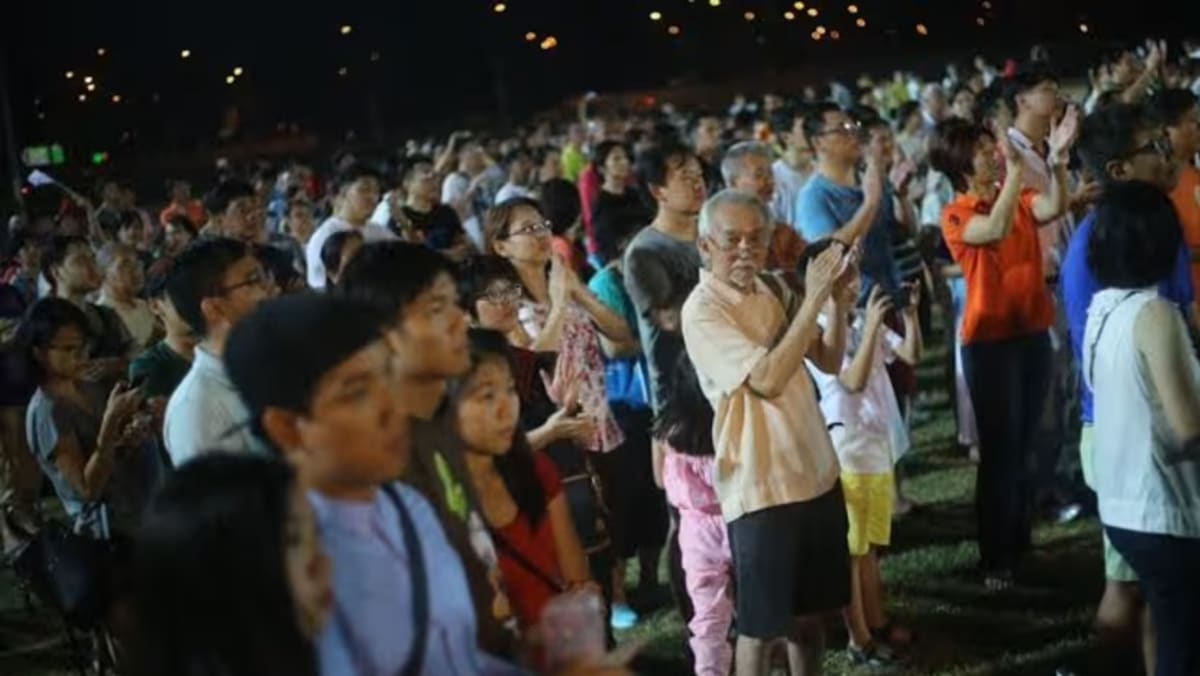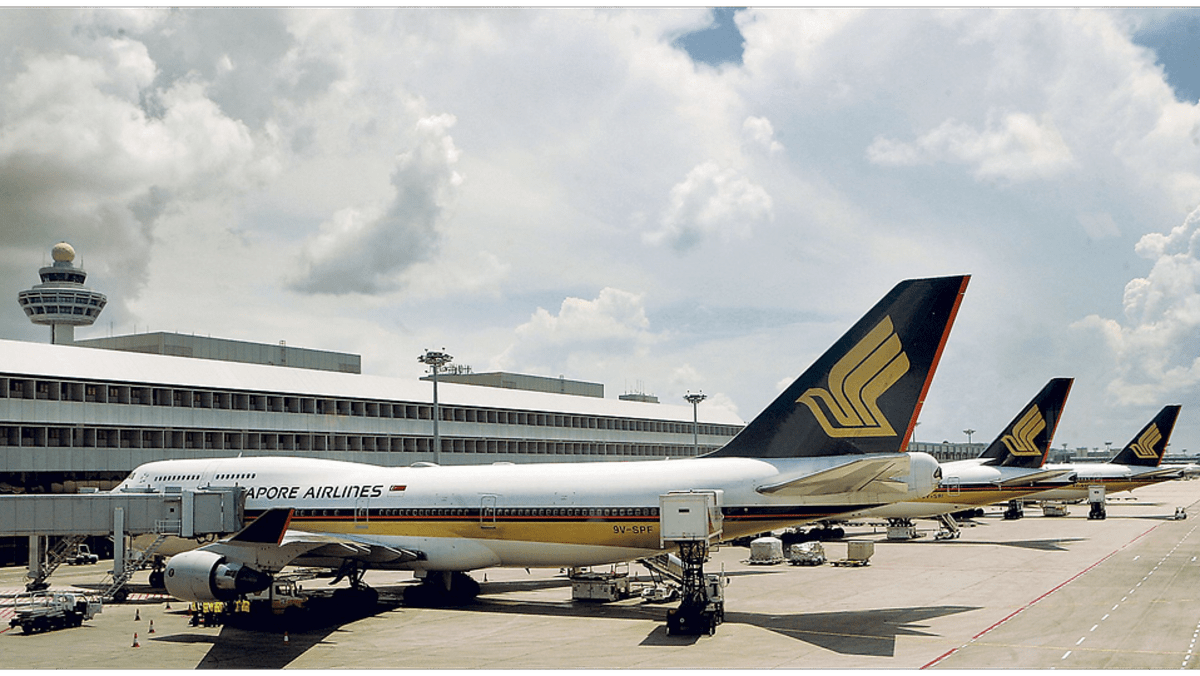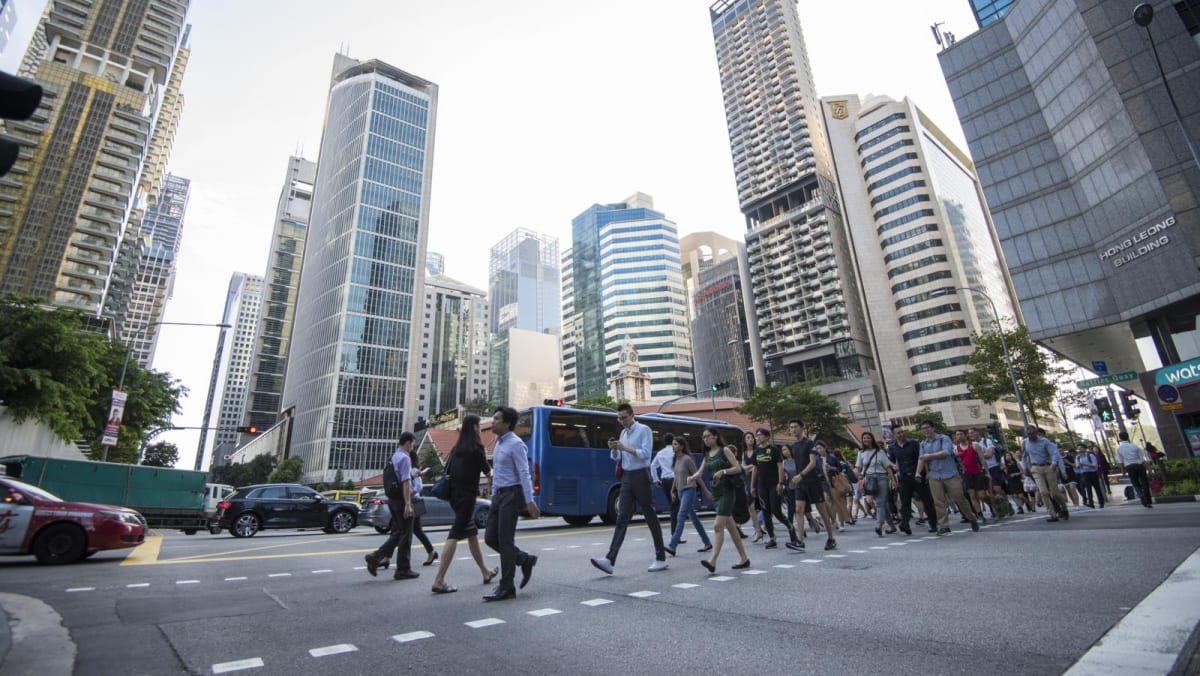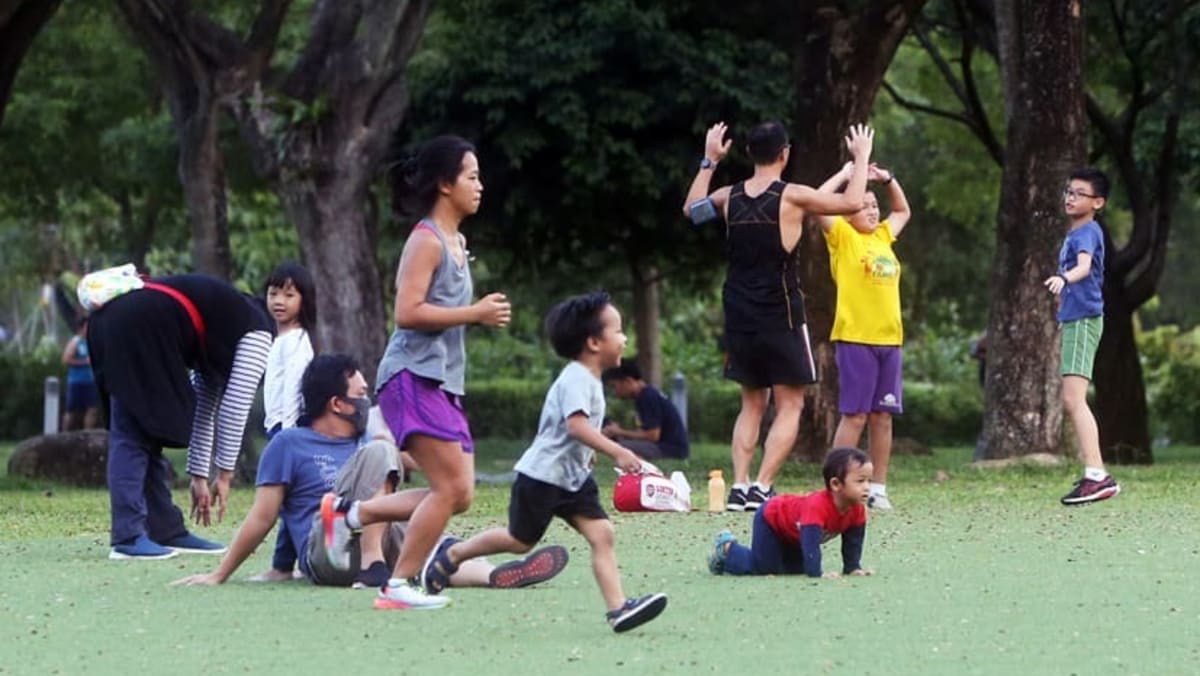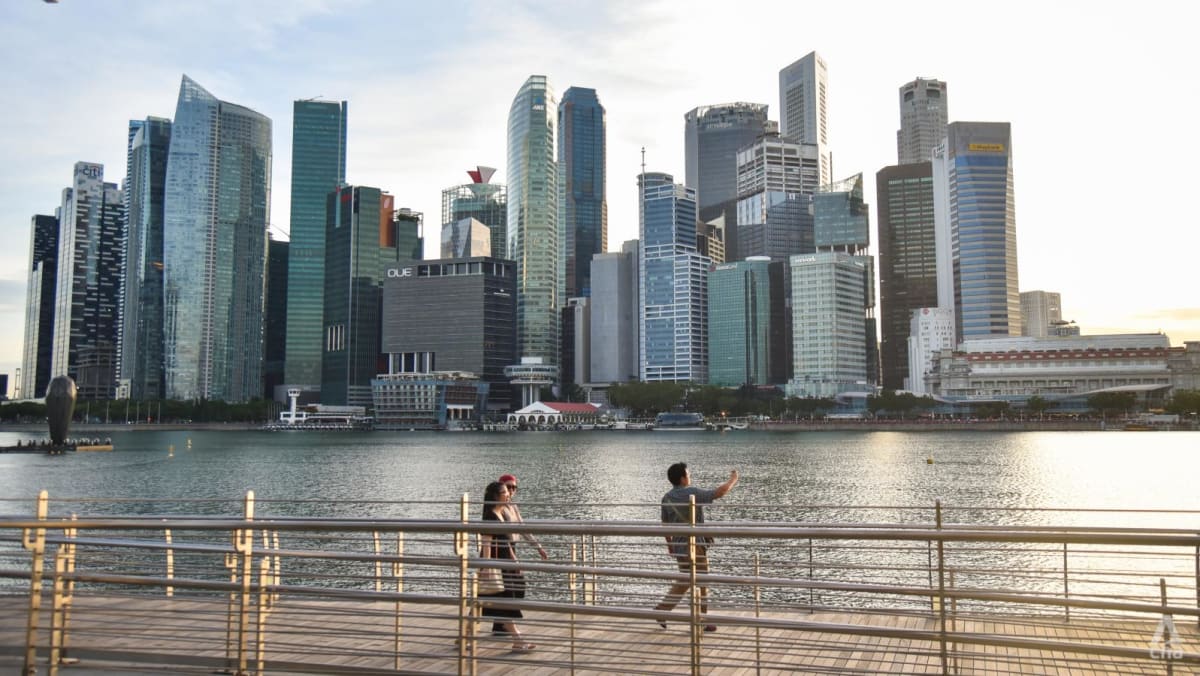SINGAPORE: On Monday (Feb 17), Leader of the Opposition Pritam Singh will face the verdict in his trial for allegedly lying to the Committee of Privileges (COP).
Deputy Principal District Judge Luke Tan is expected to deliver his decision at the State Courts, concluding a legal battle that began nearly a year ago when Singh was charged. The trial wrapped up on Nov 8, 2024.
The 48-year-old chief of the Workers’ Party (WP) faces two charges of wilfully making two false answers to the COP on Dec 10 and Dec 15, 2021, during an inquiry into a lie told in parliament by former WP MP Raeesah Khan.
His case is believed to be Singapore’s first prosecution under the Parliament (Privileges, Immunities and Powers) Act.
If acquitted, Singh cannot be tried again for the same offence on the same facts. His acquittal will stand unless the prosecution decides to appeal, which must be done within 14 days of the verdict.
If convicted, both sides will present arguments on the sentence Singh should receive before the judge delivers his ruling. Any appeal against the conviction or sentence must also be filed within 14 days of the sentencing.
It is also possible for Singh to be convicted and sentenced on one charge, and acquitted on the other.
WHAT IS AT STAKE
Given that Singapore’s next General Election is due by Nov 23, all eyes are on whether the WP secretary-general could be barred from contesting.
Under the Constitution, an individual fined at least S$10,000 (US$7,400) or jailed for at least one year is disqualified from standing for election or holding a parliamentary seat for five years.
Singh faces a maximum sentence of three years’ imprisonment and a S$7,000 fine on each charge. If he is convicted and sentenced to jail, the judge will determine whether the prison terms run concurrently or consecutively.
The Attorney-General’s Chambers has previously said that the prosecution will seek a fine for each charge.
Legal experts have told CNA that the outcome for Singh depends on the reading of the Constitution. If both fines are considered cumulatively, the maximum fine of S$14,000 could disqualify him as an MP and from standing in the next election.
The courts also have the discretion to impose a heavier sentence than what the prosecution seeks. A recent notable example was the one-year jail term given to former transport minister S Iswaran, which was almost double what the prosecution sought.
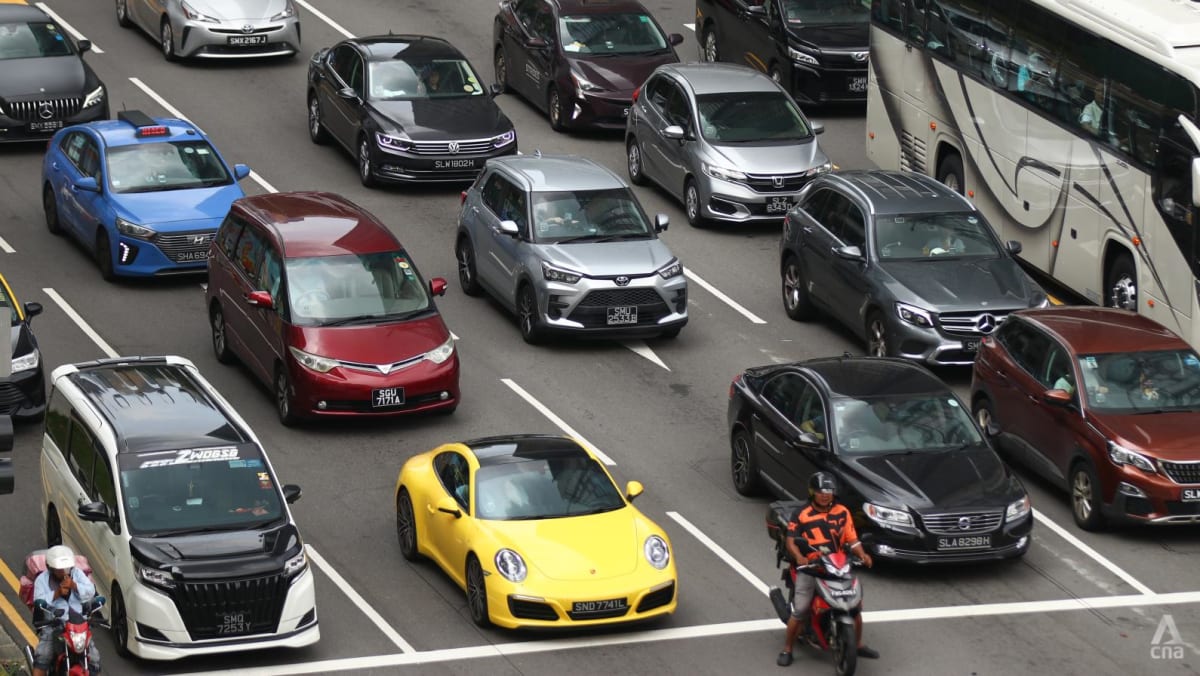
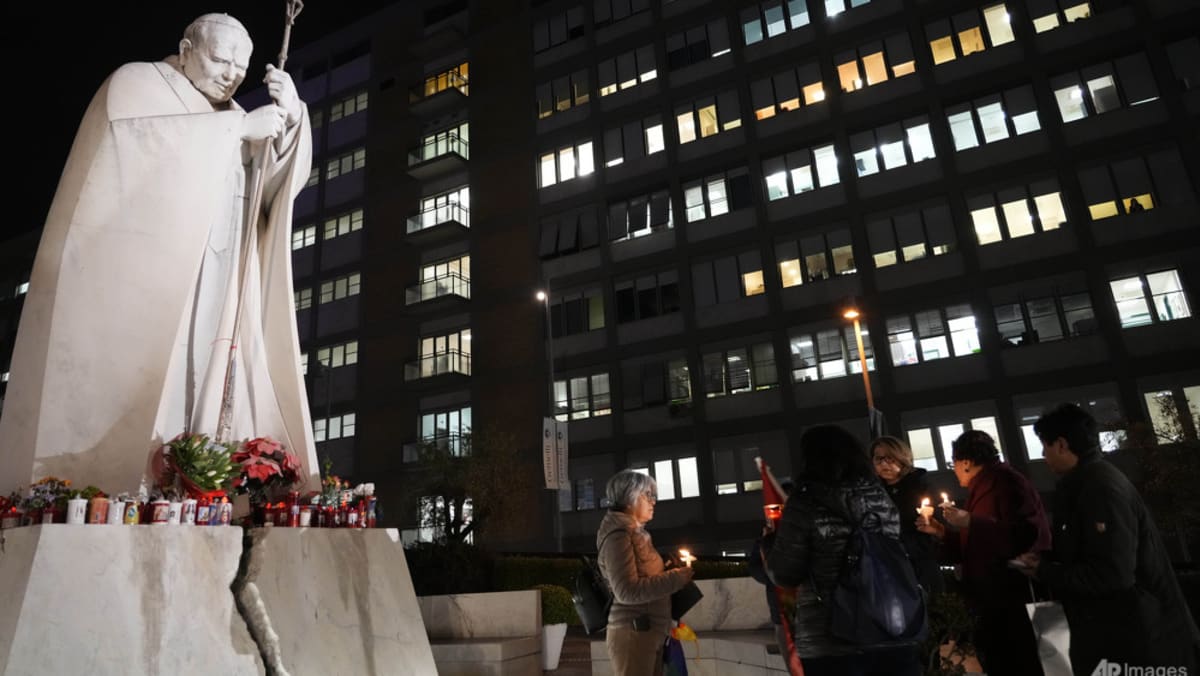



.jpg?itok=P87vlsSS)
